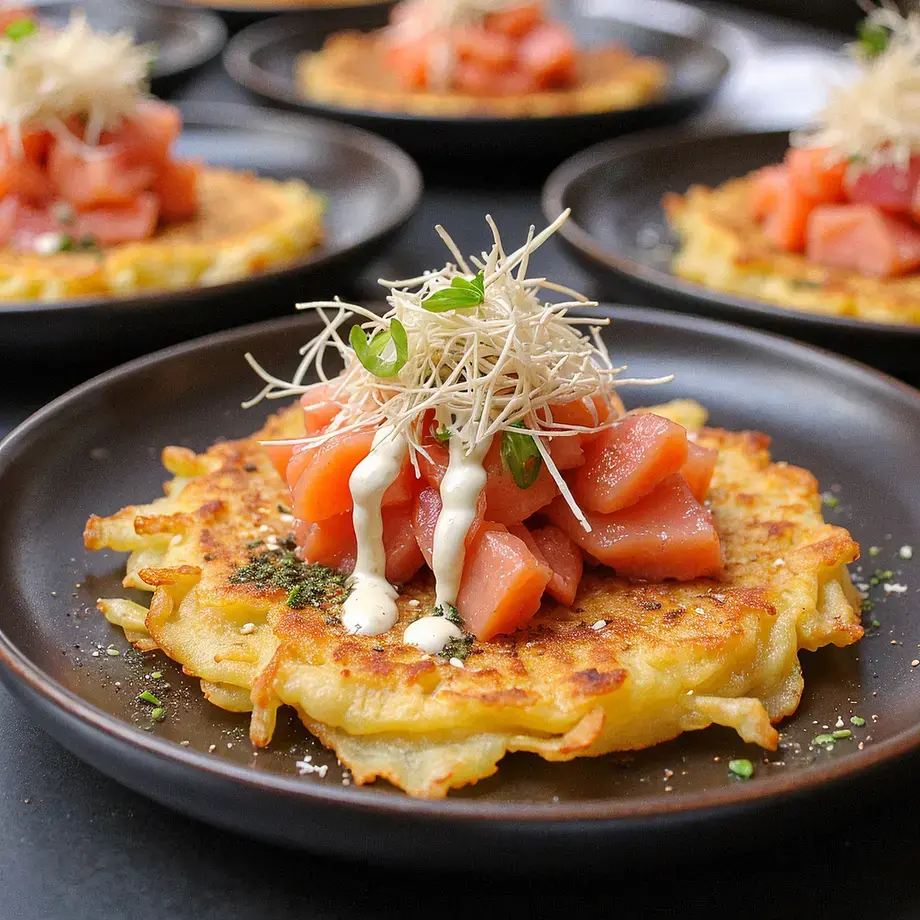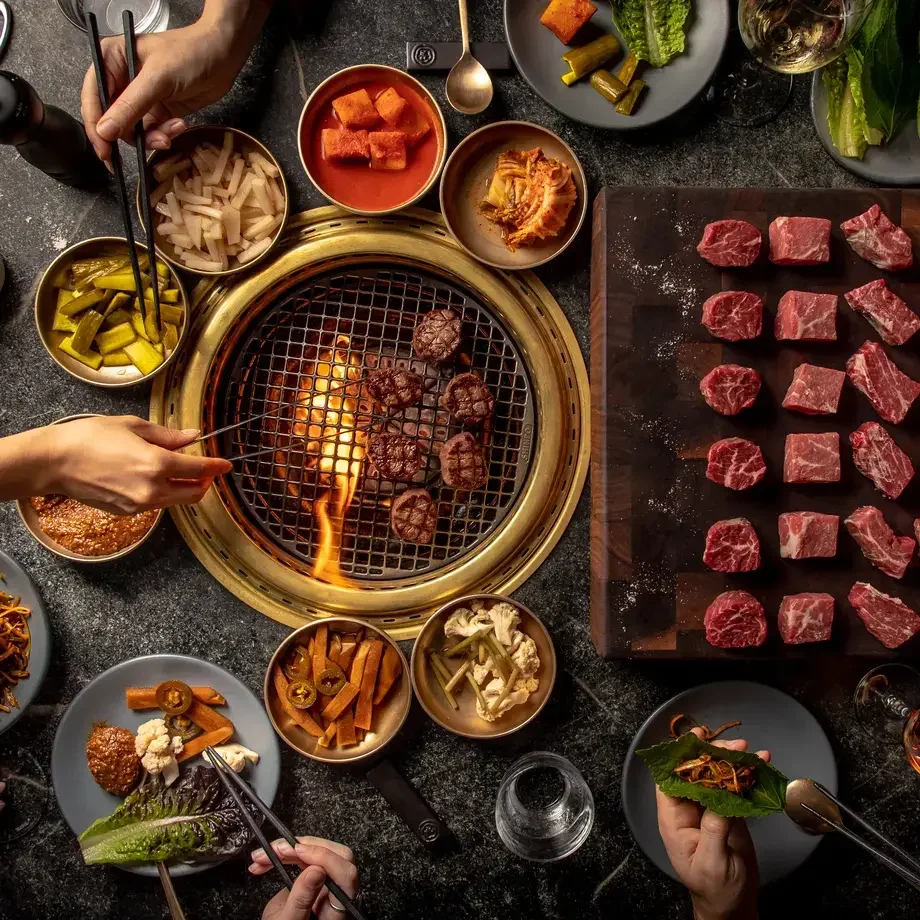Actually lives in cold water, but is more closely related to warm water species, and lacks the telltale front claws of cold water lobsters. It grows more slowly than other warm water varieties, and its muscular tail has a uniquely delicious flavour. Lobster fishing is strictly overseen by the South African government, and South African lobster has a reputation for being of particularly high quality.
Australian lobster
Is a warm water species that produces 8 to 10 inch tails with a smooth, delicate, slightly fishy flavour and a firm texture. It is a particularly versatile lobster, suited to a variety of cooking methods.
New Zealand lobster
Is a warm water species caught in the deep waters of the South Pacific. It has a scarlet coloured shell, sweet, smooth meat, and is particularly popular in Asian seafood dishes.
Tristan lobster
Is caught off the coast of Tristan de Cunha in the South Atlantic. It has a sweet, clean-tasting flavour, and a unique, slightly flaky texture, thanks to its low fat content.
Crab nutrition
One cup of crab meat contains the following:
Calories: 97
Protein: 21g
Fat: <1g
Carbohydrate: 0g
Of which fibre: 0g
Of which sugar: 0g
Crab is high in protein, which is important for building and maintaining muscle tissue, and also provides a good source of Omega-3 fatty acids, which can help boost heart health, and are thought to aid brain function. It is also rich in Vitamin B12 and folate, which can help prevent anaemia, as well as other important vitamins and minerals, including, iron, niacin, selenium and zinc.
Lobster nutrition
One cup of lobster meat contains the following:
Calories: 129
Protein: 27.55g
Fat: 1.25g
Carbohydrate: 0g
Of which fibre: 0g
Of which sugar: 0g
Like crab meat, lobster is a good source of protein, and it also provides a moderate amount of Omega-3 oils, with warm water lobsters typically containing more than cold water species. It is rich in several important vitamins and minerals, including vitamin A, calcium, iron, copper and selenium, and also provides some zinc, phosphorus, vitamin B12, magnesium, and vitamin E.
Crab recipes
Try the taste of sweet, flaky crab meat for yourself with these delectable recipes.
Crab and caviar brioche
An exclusive appetiser recipe, made with delicate crab and silky caviar, by chef Anna Haugh at Bob Bob Ricard restaurant.
Russian varenyky, or crab dumplings

















